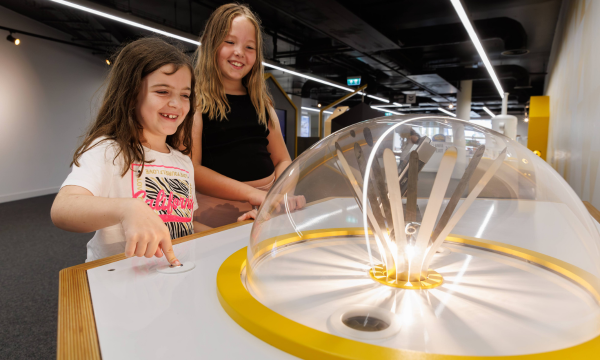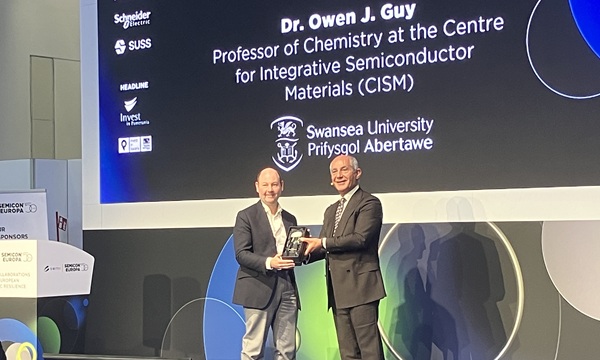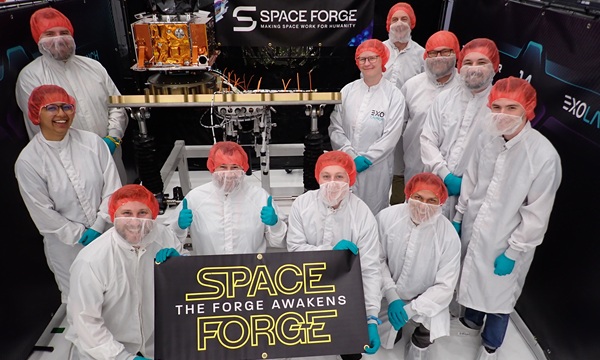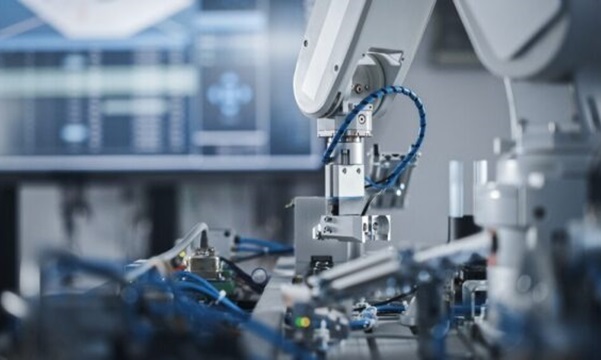A groundbreaking project is underway between Cardiff-based technology firm DIGI4U Ltd and the University of South Wales (USW) which is aimed at revolutionising the smartphone repair industry.
Supported by a grant of £26,036 from the Welsh Government’s SMART Partnerships scheme – which aims to foster collaboration between businesses and research organisations to enhance innovation, productivity, and competitiveness in Wales – the intention is to develop a highly efficient, low-cost laser machine for the removal of glass covers on smartphones. This initiative is set to run until 31 March 2026.
Dr Kang Li, Senior Research Fellow at USW, who is leading on the project, said:
“The project responds to a pressing environmental challenge: the rapid growth of electronic waste, particularly from discarded smartphones.
“Millions of devices are replaced annually, often unnecessarily, contributing to unsustainable consumption patterns and increased carbon emissions. DIGI4U’s innovative solution seeks to shift consumer behaviour by offering a viable, cost-effective alternative to device replacement.”
At the heart of the project is the development of advanced laser repair technologies which extend the lifespan of smartphones. By integrating cutting-edge academic research from USW with practical industry applications, the project aims to deliver a robust, sustainable framework for technology development.
The laser machine will be designed to meet industry standards for performance and reliability, offering a scalable solution for the electronics repair market. Alongside the SMART Partnership grant, DIGI4U will contribute £43,067 in match funding.
USW will play a pivotal role in the project, providing academic expertise, research support, and access to advanced facilities. This collaboration ensures that the laser technology is grounded in rigorous scientific principles while remaining commercially viable.
The University’s involvement will also strengthen the project's alignment with broader sustainability and innovation goals, reinforcing its societal and economic impact.
Dr Kang added that there are a number of anticipated outcomes of the project.
“By promoting repair over replacement, the project is expected to reduce e-waste and cut carbon dioxide emissions by an estimated 50 tonnes annually, and encourage a cultural shift towards repair and sustainability by promoting long-term behavioural change in technology consumption,” he said.
“In addition, it is projected to generate £2 million in revenue over five years and create at least 20 new jobs in the repair and production sectors; and align with the Welsh Government’s sustainability goals under the Well-being of Future Generations (Wales) Act 2015.”
The Welsh Government’s Smart Partnerships initiative aims to foster collaboration between businesses and research organisations to enhance innovation, productivity, and competitiveness in Wales.
















